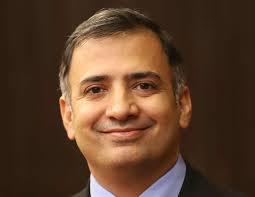Code meets Law+Policy: Bridging Indias FOSS community and policymakers
India’s free and open source software (FOSS) movement is continuing in its evolution into a vibrant ecosystem of builders, communities, and public interest technologists. But when it comes to laws, procurement policies, and digital infrastructure decisions, the connection between policymakers and FOSS contributors remains limited and often misunderstood. This lack of true understanding and engagement arguably cuts both ways - Indian policymakers often misunderstand our FOSS community while the wider FOSS community itself often remains disconnected from the policy ecosystem that shapes more than what they may realise.
This session will unpack India’s public policy landscape around FOSS in simple, accessible terms - explaining how government guidelines, software procurement rules, and digital public goods initiatives affect the FOSS community. It will also highlight what’s missing: better representation of FOSS voices in decision-making, more transparent consultations, and clearer pathways for community engagement with lawmakers. This session also aims to provide a snapshot of the tech policy governance moment India is currently in and its implications for the projects and passions of the FOSS community.
We’ll hear from policy experts (such as from PRS Legislative), digital rights advocates ( Raman Jit Singh Chima from Access Now), a potential policymaker, as well as those familiar directly with tech policy / tech politics through their experiences in media. Through real-world examples and an informal fireside chat format, we’ll explore how developers and community members can make their voices heard in shaping the governance of tech and the future of openness in India.
Key themes:
Explaining FOSS-related policies in India: procurement, licensing, and the role of Digital Public Goods.
How civil society and the FOSS community can engage with policy processes and consultations.
How to ensure policy frameworks support - not constrain - open collaboration and software freedom.
Participants will leave with practical insights and resources on how to engage with policymaking, contribute to consultations, and strengthen advocacy for FOSS at the national and local level.
Which track are you applying for?
Raman Jit Singh Chima

Chakshu Roy
